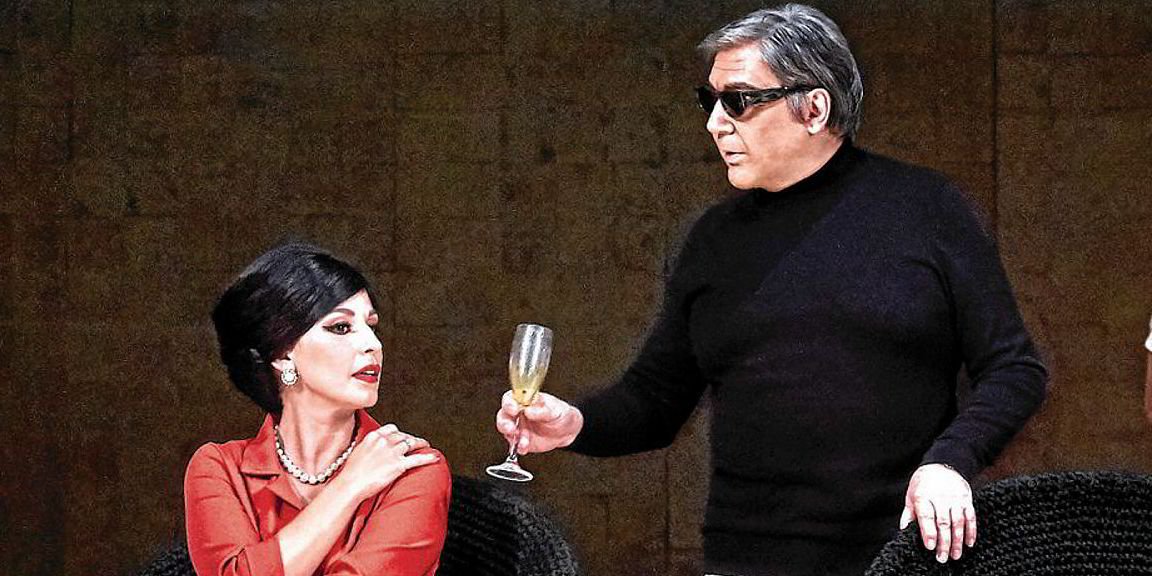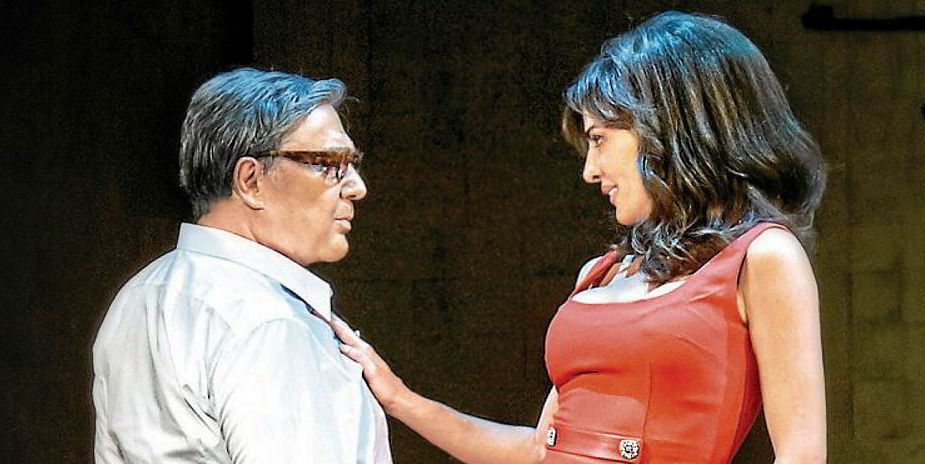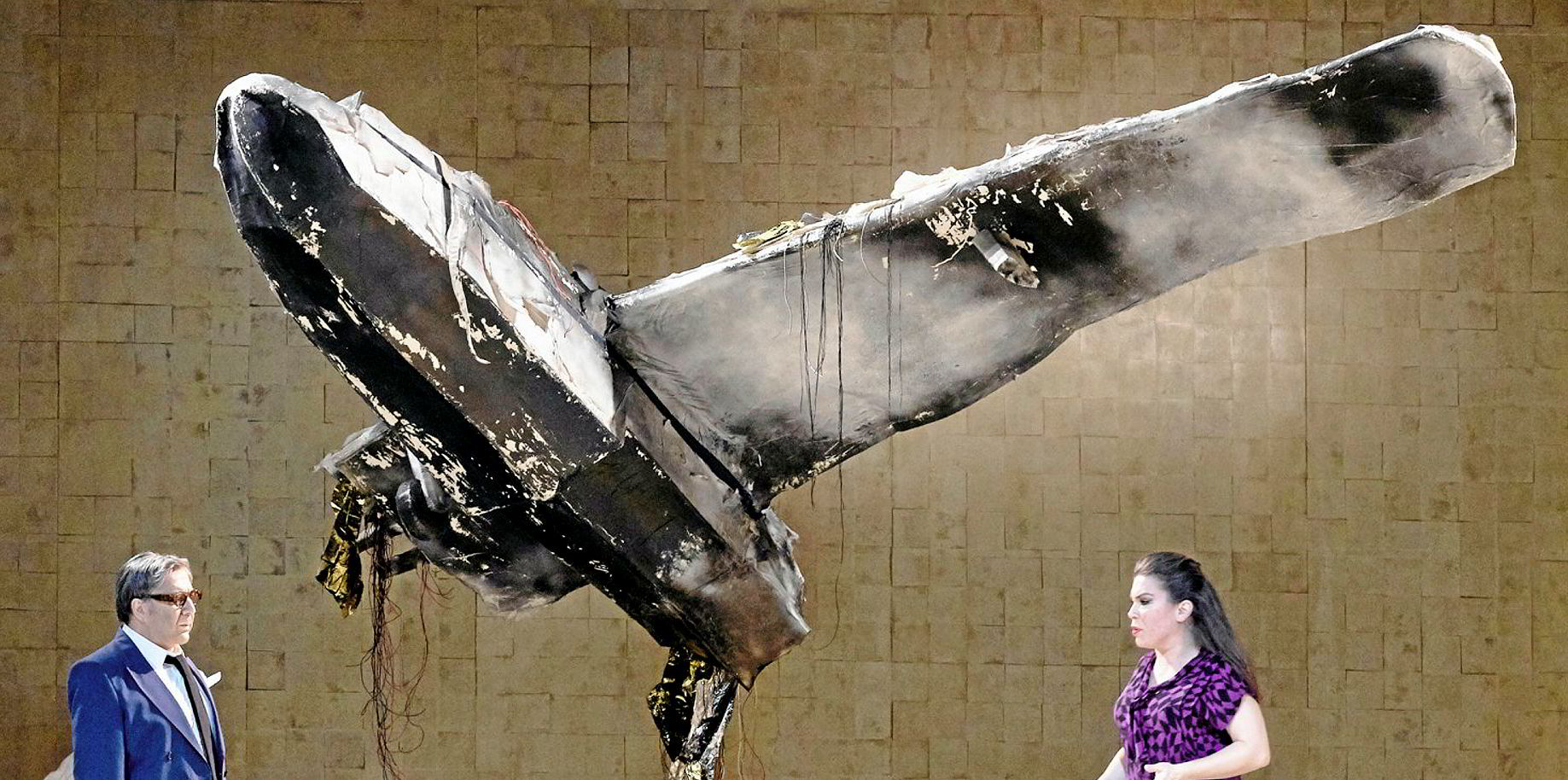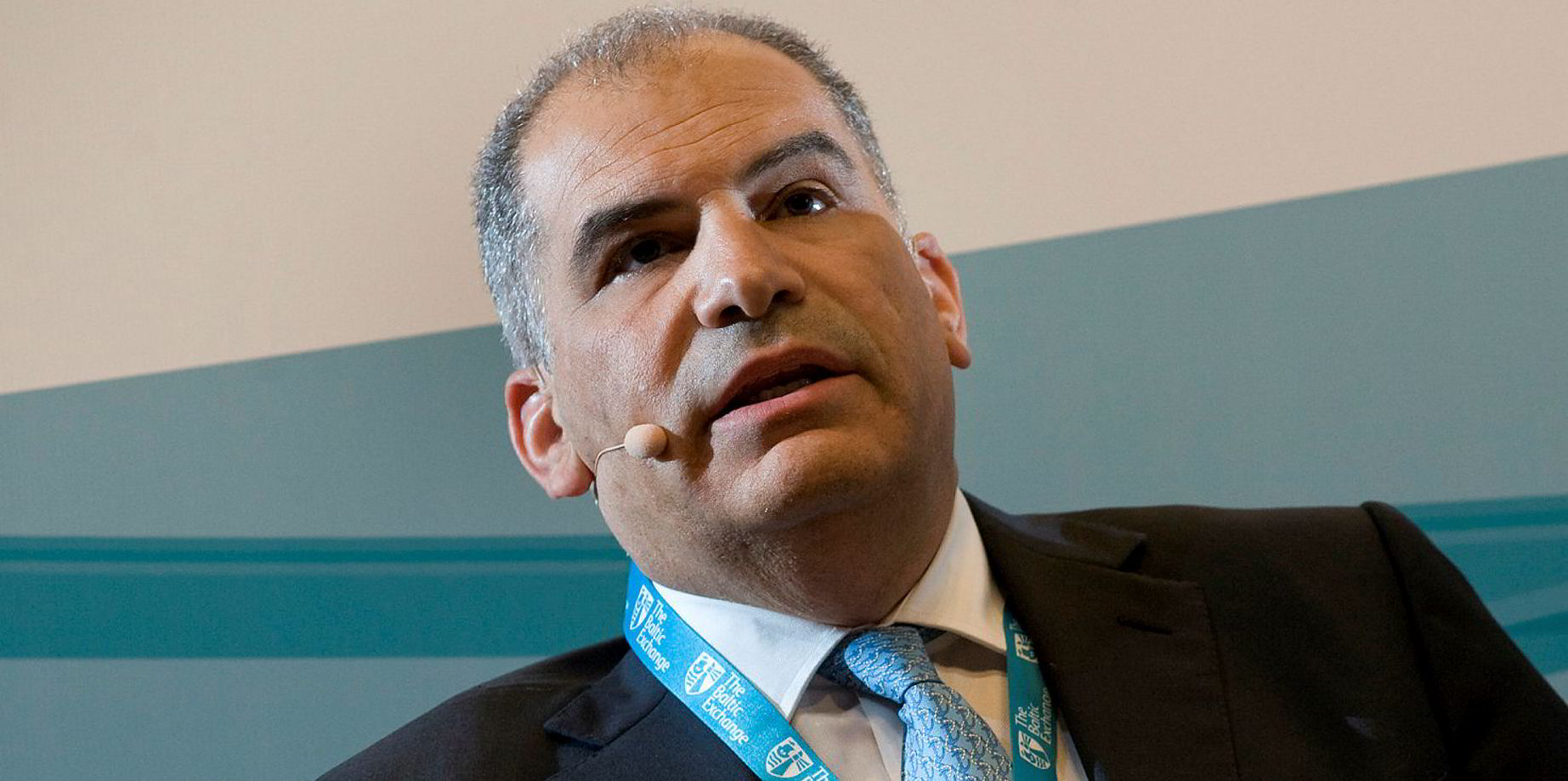More than four decades after his death, Greek shipowner Aristotle Onassis continues to capture the imagination of his compatriots.
The long queues outside the Pallas Theatre in central Athens, where a new play, Onassis — I Want It All, had its premiere in October, are testament to that.
“Only rarely do I see audiences paying such close attention and engaging as intensely with what they see on stage,” says Stamatis Fasoulis, the director and lead actor in the role of the legendary tycoon. “It’s not that he managed to get rich — other Greek shipowners were even richer than him. It’s that Onassis became a myth.”
Ordinary Greeks identified with Onassis in a way they never could with other shipowners, whom they view as an aloof, self-interested elite.

Films from the golden age of Greek cinema in the 1950s and 1960s are full of caricature villain shipowners who refuse to wed their daughters to upright working-class lads or who send seamen to their deaths in scuttled ships.
Onassis was seen in a different light. From his first days as a shipowner in the 1930s, he cultivated the image of an outsider and self-made man who broke into snobbish, blue-blood shipping circles by guile and force of personality.
His flamboyant personal style, which reflected middle-class manners, tastes and interests, was another trait that made him a familiar figure to average Greeks.
Mangas man
His underlings remember him as a mangas, a typically cool Greek male who felt as comfortable in a Piraeus bouzouki joint as in a Monte Carlo casino. Macho popular songs were written about him. His coarse language, as well as a dry, irreverent and direct sense of humour, perfected his image as a charming boor.

In the eyes of ordinary Greeks, that turned Onassis into a living example of how one of their own could become a global player and hobnob with the powerful of this world without losing the essence of his parochial self.
It is exactly those traits of his character that Fasoulis highlights and magnifies, to the point that one wonders whether his purpose is to portray Onassis or to project on him how modern Greeks like to view themselves.
That doesn’t mean the play is a hagiography. It addresses subjects Greeks usually sweep under the carpet when talking about Onassis, from the shameless plagiarising of rivals’ products when he was a cigarette maker in 1920s Argentina to the blood orgy caused by his whaling fleet after World War II.
In the end, everything falls apart, of course. Onassis finds that money can buy anything, except a relationship with his troubled children. His second marriage, to Jacqueline Kennedy, degenerates into a sad litany of cynical horse-trading. His health goes downhill. His son Alexander’s death in a plane crash in 1973 delivers the ultimate blow that leads to Onassis’ death two years later.
Success, followed by hubris and disaster, is perhaps another Onassis experience that contemporary Greeks feel familiar with. Many of them have gone through it themselves over the past few years, as their country enjoyed an unprecedented economic boom that was snuffed out by a crippling financial crisis.






